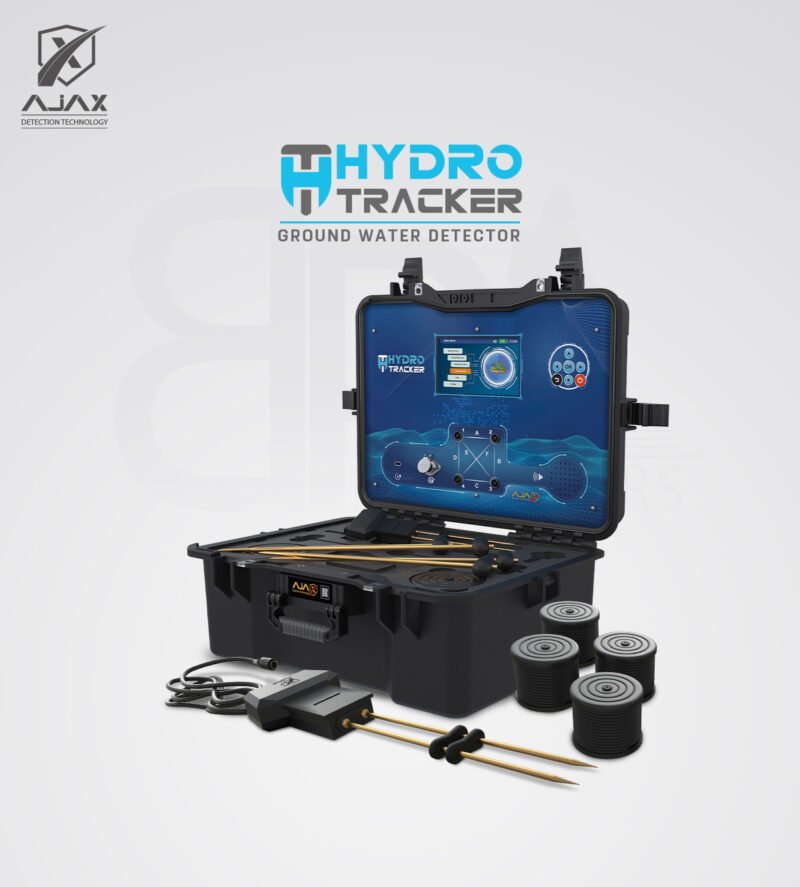Metal detecting is more than just a hobby; for many, it’s a serious pursuit that blends technology with real-world adventure. Whether you’re scanning beaches, exploring old fields, or prospecting for gold, accuracy is everything. This is where pinpointers come in — compact, handheld devices that have become essential companions to standard metal detectors. By narrowing down the search zone, pinpointers not only save time but also reduce the frustration of unnecessary digging.
Why Accuracy Matters in Metal Detecting
Traditional metal detectors are excellent for signaling the presence of metal, but their detection zones can be broad. You may find yourself digging in a large area, only to miss the target completely or spend excessive time searching. Accuracy is vital because:
-
It minimizes ground disturbance, keeping search sites cleaner and more natural.
-
It saves time during hunts, especially when working in large areas.
-
It reduces the chance of damaging valuable finds with a careless dig.
This is where pinpointers shine — literally focusing the detection field into a small, precise range.
What Is a Pinpointer and How Does It Work?
A pinpointer is essentially a miniature metal detector designed to isolate the exact location of a target once your main detector has indicated something is nearby. Most pinpointers are handheld, lightweight, and feature audio or vibration signals that intensify as the probe gets closer to the object.
This real-time feedback transforms the recovery process. Instead of blindly digging, you can zero in on the target within seconds. Many models also include LED lights for better visibility in dim environments, waterproofing for underwater searches, and adjustable sensitivity for varying soil conditions.
Benefits of Using a Pinpointer in the Field
The real-world benefits of pinpointers are easy to see once you start using one. Hunters often note that their recovery rate improves drastically. Instead of widening a hole endlessly, a quick scan with a pinpointer confirms exactly where the item is.
Accuracy also reduces the risk of damaging fragile finds. Coins, relics, or jewelry can easily be scratched or broken during digging. A pinpointer ensures you know exactly where to proceed, letting you dig carefully.
From Metal to Gold Detection
While many pinpointers are designed for general use, gold prospectors benefit even more. Natural gold often appears in small nuggets or fine flakes. A large detector might detect the presence of gold in the soil, but a pinpointer lets you isolate the exact piece. This precision is invaluable when prospecting in mineral-rich areas where false signals are common.
Advanced Detection: Going Beyond Metals
Interestingly, the principles of accuracy in pinpointers extend into other detection fields as well. For example, groundwater detection requires similar precision. Just as pinpointers help isolate targets in soil, specialized systems help narrow down locations of underground resources. Tools like an underground water detector are designed to scan deep beneath the surface and provide reliable results for professionals working in agriculture, drilling, or environmental studies.
Spotlight on Hydro Tracker
Among advanced detection technologies, the Hydro Tracker stands out as a reliable choice for groundwater exploration. Designed with cutting-edge sensors, it provides detailed readings on underground water sources, helping professionals and landowners save both time and effort. While pinpointers deal with small, immediate targets like coins or nuggets, Hydro Tracker applies the same principle of precision on a much larger scale, ensuring that drilling efforts are both efficient and cost-effective.
Real-World Example of Pinpointer Success
Many seasoned detectorists share similar stories: the frustration of digging and coming up empty-handed, only to realize the target was just an inch away. With a pinpointer, that guesswork is eliminated. In one instance, a detectorist searching for relics in a historic field reported finding five coins in half the time it would have normally taken, simply because his pinpointer led him directly to each signal.
This kind of practical efficiency is what makes pinpointers indispensable, whether you’re a beginner or an expert.
Choosing the Right Pinpointer
When selecting a pinpointer, consider these factors:
-
Sensitivity levels – Higher sensitivity helps detect smaller targets, including fine gold.
-
Waterproofing – Useful if you search rivers, lakes, or beaches.
-
Durability – A rugged body is necessary for rocky or harsh environments.
-
Ease of use – Simple controls and clear audio/vibration feedback are must-haves.
The right pinpointer isn’t just a tool — it’s an investment in better accuracy, faster recoveries, and more rewarding hunts.
Conclusion: Accuracy Is Everything
Metal detecting is a pursuit of patience and precision. While standard detectors open the door to new finds, pinpointers ensure you don’t miss what’s right beneath your feet. By adding this small but powerful tool to your kit, you improve your efficiency, protect your discoveries, and make every hunt more enjoyable. And just as in the world of groundwater detection with technologies like Hydro Tracker, precision is always the difference between wasted effort and real success.





